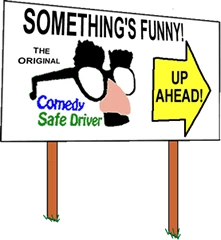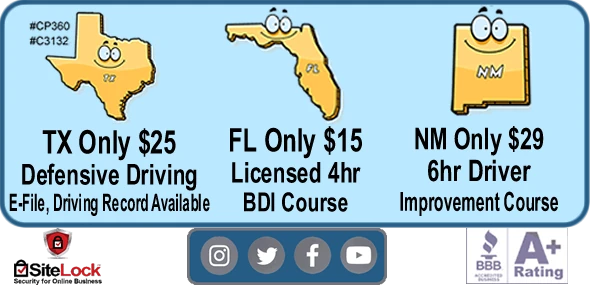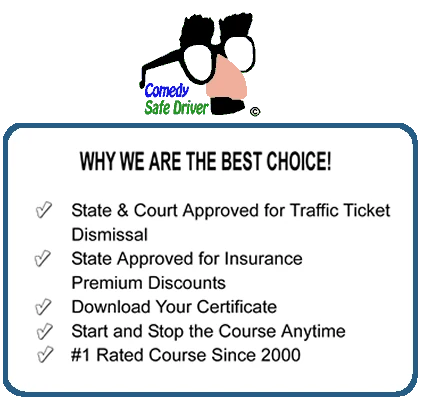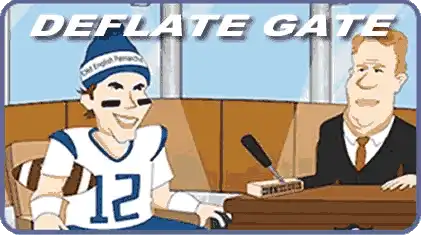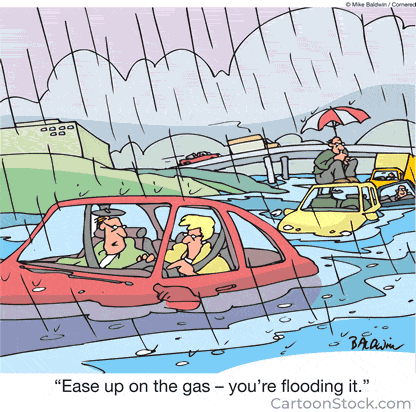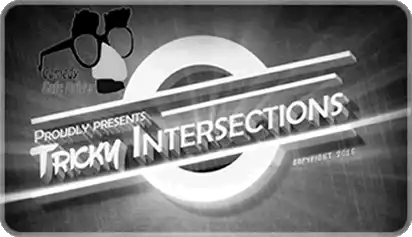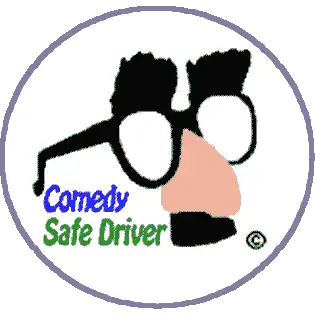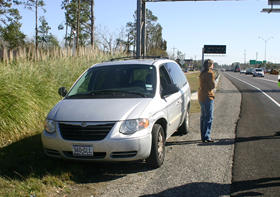
Join Our Collisions Defensive Class Today!
Why Choose Collisions Defensive Class?
The Collisions Defensive Class, a comprehensive driving program we offer, provides more than just the basic fundamentals of defensive driving. It has been meticulously designed and structured in a way that it not only disseminates vital information and techniques about defensive driving but also ensures that this learning experience is delivered in a manner that is both engaging and entertaining. We understand that the learning process can sometimes be monotonous, which is why our course is replete with various comedic elements to bring a sense of lightness and enjoyment to the sessions. We believe that by integrating humor into our teaching, we can make the educational journey more fun and memorable, hence enhancing the overall learning experience.
The objective of our course, however, extends beyond the simple provision of defensive driving techniques. It is tailored to provide practical knowledge and insights on the necessary steps and procedures to be followed after a collision. We strive to equip our students with the critical skills and understanding that can be instrumental in effectively dealing with the aftermath of an accident. This encompasses a range of aspects, from interacting with law enforcement and understanding the insurance claims process to handling potential legal issues.
In essence, the Collisions Defensive Class aims to deliver an enriching, comprehensive, and enjoyable learning journey that prepares you not just to be a better and safer driver, but also to handle potential incidents efficiently and effectively.
-
Safety Skills: Defensive driving classes teach skills that can help prevent accidents. Participants learn how to anticipate potential hazards and how to react in different situations. They also learn about the dangers of distracted driving, aggressive driving, and driving under the influence.
-
Ticket Dismissal: In some cases, taking a defensive driving course can lead to the dismissal of a traffic ticket. This is dependent on the laws in your local area, but many jurisdictions allow for this option.
-
Insurance Discounts: Many insurance companies offer discounts on car insurance premiums to drivers who have completed a defensive driving course. This can lead to significant savings over time.
-
Points Reduction: Some states allow drivers to reduce the number of points on their driving record by taking a defensive driving course. This can help to prevent the suspension of a driver's license.
-
Improved Driving Record: Even without the points reduction, taking a defensive driving course can show that you're committed to being a safer driver. This can look good on your driving record and might even help you in job applications where a clean driving record is required.
As for the potential features of the "Collisions Defensive Class," it might include the following:
-
Engaging Content: The course could use multimedia elements like videos, animations, and interactive scenarios to make the content more engaging and easier to understand.
-
Flexible Scheduling: Many defensive driving courses are offered online, allowing participants to complete them at their own pace and on their own schedule.
-
Practical Lessons: The course might include practical exercises where participants can apply what they've learned in a safe and controlled environment.
-
Comedic Elements: To keep the course from being too dry and boring, the instructors might use humor to make the lessons more enjoyable.
-
Post-Collision Guidance: The course could offer advice on what to do after a collision, such as how to report the accident to the police and your insurance company, and how to deal with the other driver.
Legal Aspects and Medical Services
At the heart of our Collisions Defensive Class is the essential emphasis we place on the comprehensive understanding of the various legal procedures that are pertinent in the aftermath of a collision, specifically within the jurisdiction of Texas. We believe that grasping these legal procedures is not just a necessity, but a vital skill that can significantly streamline the process of dealing with the aftermath of an accident and can equip you to handle the situation in the most effective and efficient manner possible.
To ensure our participants are well-versed in these procedures, we meticulously cover a variety of key steps that are necessary to report a collision. This includes the correct and legal way to document the incident, the precise information that needs to be collected at the scene, and the exact entities to which the incident needs to be reported. We aim to ensure that our students know exactly what to do in such unfortunate circumstances, making the process less daunting and more manageable.
But our course goes beyond just reporting the collision. We also delve into the proper protocol and manner of interaction with law enforcement officials who will invariably be involved in the aftermath of a collision. We provide guidance on how to communicate effectively and accurately with these officials, understanding their role in the process, and how to cooperate with them to ensure a smooth resolution of the incident.
Legal Aspects
-
Reporting a Collision: In Texas, the law requires that any car accident resulting in injury or death, or property damage over a certain amount, must be reported. This typically involves calling the police to the scene so they can create an official accident report, which will be crucial when dealing with insurance companies.
-
Interacting with Law Enforcement: Participants in the class learn the proper way to interact with law enforcement officers at the scene of an accident. This includes what information to provide, what questions to ask, and how to avoid inadvertently admitting fault.
-
Insurance Claims Process: Understanding how to file an insurance claim is a vital part of dealing with a collision. This includes knowing when and how to contact your insurance company, what information they'll need, and how to negotiate if you believe the settlement offer is too low.
-
Legal Liability: The class may also cover issues related to legal liability, such as how fault is determined in a car accident and what to do if you're sued by the other driver.
Medical Services
-
First Aid:
The moments that follow a collision can be incredibly critical and chaotic, with the potential to heavily influence the health and wellbeing of the involved parties. In such situations, having a fundamental understanding and ability to apply basic first aid techniques can be of paramount importance. It's not just about possessing this knowledge, but also about being able to apply it calmly and effectively amidst the stress and confusion that often accompanies such incidents.
This essential knowledge includes the ability to rapidly and accurately assess the physical condition of an individual who has been involved in the collision. It's about being able to identify key signs and symptoms that may indicate the severity of their injuries, and understanding the implications of these signs. This could involve checking vital signs like pulse and breathing, looking for visible injuries, and observing the person's level of consciousness and responsiveness.
Once an initial assessment is made, it's important to know when and how to move an injured person. Moving an injured person improperly can potentially exacerbate their injuries, especially in cases where spinal injuries may be suspected. Therefore, understanding the correct techniques and precautions for moving injured individuals, and recognizing situations where it's better to wait for professional medical help, can be life-saving skills.
-
Medical Attention:
In the unfortunate event of a car accident, any injuries sustained, regardless of how minor they may seem initially, should always be evaluated and treated by a qualified healthcare professional. This is not merely a suggestion but a crucial directive that our Collisions Defensive Class strongly emphasizes. We believe that while first aid skills can be invaluable in the immediate aftermath of a collision, they are not a substitute for professional medical evaluation and treatment.
Injuries sustained in a car accident can be complex, with some symptoms not appearing immediately due to the adrenaline rush and shock experienced during the incident. This is why our class incorporates an in-depth segment on how to recognize signs and symptoms of common car accident injuries, such as whiplash, concussions, fractures, and internal injuries. We provide detailed guidance on the various physical and cognitive signs to look out for, which might indicate that a seemingly minor injury could be more serious.
-
Medical Records:
In the event that there are injuries that arise as a direct consequence of the aforementioned accident, it is of paramount importance to ensure the meticulous and precise maintenance of comprehensive medical records, as they serve a pivotal role in various aspects, including but not limited to engaging with insurance companies and potentially resolving any potential legal disputes that may arise from the aforementioned accident.
-
Mental Health:
When collisions occur, they have the capacity to elicit profound and substantial effects on an individual's mental and emotional well-being, which can extend beyond physical injuries and encompass the development of post-traumatic stress disorder (PTSD) as well. To comprehensively address the holistic impact of collisions, the class will actively engage in discussions that delve into the intricate facets of this matter, including the identification and acknowledgment of discernible signs indicative of these mental and emotional challenges. Furthermore, the class will explore the vital topic of locating appropriate sources of assistance and support, thereby empowering individuals to navigate the multifaceted landscape of healing and recovery in a compassionate and informed manner.
By covering these topics, the Collisions Defensive Class aims to equip participants with the knowledge and skills they need to handle the aftermath of a car accident in a safe, legal, and effective manner.
Furthermore, we ensure you are equipped with knowledge about accessing medical and emergency services after a collision. Understanding how to assess injuries, when and how to call for an ambulance, and what information to provide to emergency medical services are all vital skills that can save lives.
Sign Up Now
